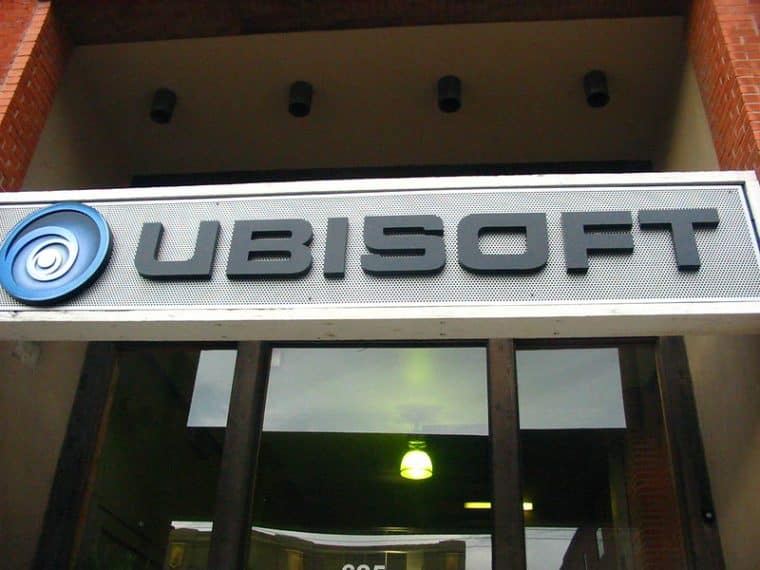
Ubisoft, the creator of popular videogames such as Assassin’s Creed and Skull and Bones, has launched a new AI tool called Ghostwriter this week to help scriptwriters get ideas about the lines that they will give specific characters within the game.
Ghostwriter is powered by the generative AI technology that became popular after OpenAI opened up access to ChatGPT. However, the new tool from Ubisoft has been created in-house by its research and development team called LaForge.
The purpose of Ghostwriter is not to substitute writers with artificial intelligence. Instead, the goal is to free up their time so they can be more invested in creating thoroughly conceived narratives that enrich the player’s experience.
Ghostwriter is specifically designed to write up so-called “barks”, which are brief lines or sounds that videogame characters say during the player’s journey and that are triggered by specific actions.
Also read: 14 Best Crypto Games to Play Right Now
The software that powers the tool was created by Ben Swanson, an R&D Scientist from Ubisoft.
The tool uses text prompts from scriptwriters that explain the scope and reach of the barks they would like to create. The AI model’s first input is a character description. Then, the scriptwriter types what kind of experience this fictional persona is going through so it can come up with suggested barks.
The AI model will come up with suggested barks whose tone can be easily changed by describing the character’s intended mood. Then, the definite line that will go into the game’s narrative can be edited and then added to the overall script.
Ghostwriter will learn from the choices the scriptwriter makes when it comes to barks as this helps it better understand the personality and tone of the character to come up with more accurate recommendations in the future.
In the future, Ubisoft plans to take things up a notch by letting narrative teams create their own machine-learning models. To this end, the company developed a back-end tool called Ernestine that makes it easier to tweak how Ghostwriter learns and adapts to the user’s input.
Metaverse Giant Roblox is Also Planning to Use AI to Turn Users Into Creators
Last month, the metaverse gaming pioneer Roblox (RBLX) stated that they were working to make generative AI part of their developer-facing interface to facilitate the task of creating experiences within its platform.
“We see an incredible opportunity to build generative AI tools and APIs focused on Roblox”, the company said in a blog post. For Roblox, this could be a major breakthrough as less experienced developers who have great ideas for new experiences will have a tool that could do the heavy lifting for them.
Ultimately, it is the metaverse company’s goal to turn users into creators so they can further engage with the platform.
“Generative AI tooling can help make creation intuitive and natural for users and be directly embedded into experiences, allowing any of our 58.8 million daily users to create unique content that can be shared across the platform”, the company shared.
OpenAI Launches GPT-4 as AI Keeps Harnessing Momentum
Last week, OpenAI launched its most powerful AI model to date – GPT-4 – and multiple companies have been embracing it to enhance their products and services. Some early adopters include Duolingo and Quora’s Poe AI hub.
Meanwhile, Microsoft recently revealed the AI-powered version of its flagship productivity tool – Office 365. At first glance, the company’s Copilot solution could make quite an impact in the business world as it facilitates the task of writing documents and e-mails, sorting and arranging spreadsheets, and designing PowerPoint presentations.
The Redmond-based tech firm owns 49% of OpenAI and it offers access to its AI tools via its Azure cloud platform to make it easier for companies to tap on solutions like ChatGPT, GPT-4, Dall-E 2, and Whisper through this robust infrastructure.
Other Related Articles: